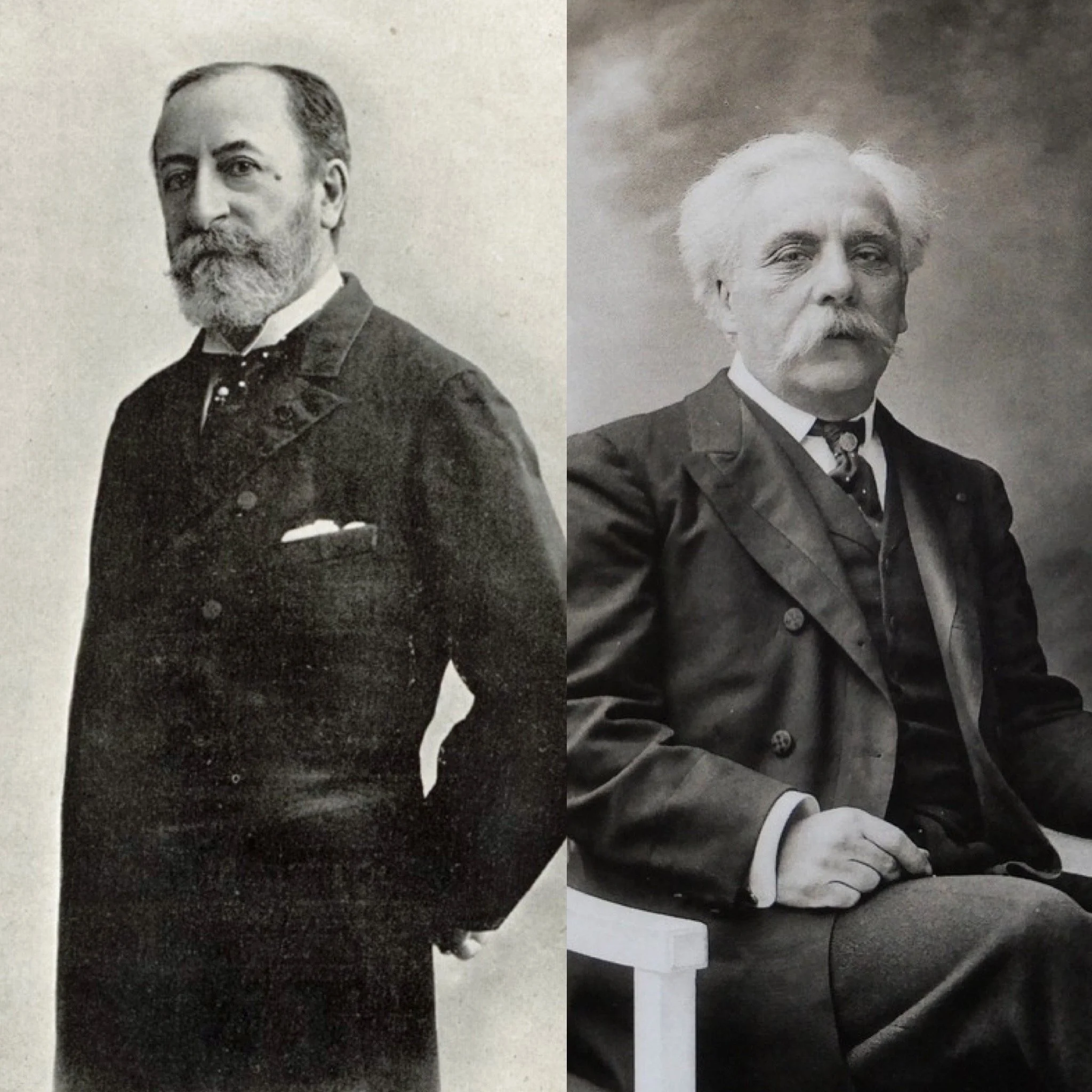REVIEW: Celebrating John Williams at Carnegie Hall
Above: John Williams, Philadelphia Orchestra, Carnegie Hall. Photo © 2024 Chris Lee
February 22, 2024
In the presence of a master, you think about ancestors and legacies — what you might call “ghosts.” The audience in Carnegie Hall understood what John Williams meant as he greeted this “iconic room,” with the Philadelphia Orchestra, and the “ghosts within the walls that fly around and sing and dance.”
You also learn what it might have been like to live in the time of earlier masters. After all, John Williams has much in common, to indulge a metaphor, with J. S. Bach. Like Bach, Williams is a composer who has toiled largely in another field, crafting music for a specific, assigned purpose. For Bach it was the church; for Williams, the cinema. And like Bach, Williams the composer is not so much an innovator as a wizard, a guru, an exponent and torchbearer of tradition.
John Williams conducts The Philadelphia Orchestra in Carnegie Hall. Photo © 2024 Chris Lee
Another ghost to whom Williams could be compared: Giuseppe Verdi. Like Verdi, Williams made an artistic home in the theater. Different kinds of theaters, but they both composed music purely in service to a larger production, in service to the story. And both created music so indelible — perfectly conveying the human experience — that even within the confines of collaboration, it transcends the entertainment, and resonates with the culture long after the story ends.
Stéphane Denève, Principal Guest Conductor of the Philadelphia Orchestra, led the first half of this full-hearted, celebratory evening. First, some roots: Tanglewood. Just Down West Street … on the left was composed in 2015 for 75th anniversary of the Tanglewood Music Center Orchestra. A concerto for orchestra in the form of an overture (almost an extended fanfare), this tribute to Lenox, MA, and the venerable musical institution with which Williams has a long association, gave every section of the orchestra a chance to take a swing at bat, a kind of dramatic warm-up, a fast-paced explosion of anticipation and wonder.
Williams’s output includes superb concert works, in addition to his film scores. In his absolute music, Williams’s knack for emotional narration, and suspension of tension, is given free reign. His storied encyclopedic knowledge of orchestral repertoire, with detailed, honed technique, becomes a boundless source of inspiration.
He composed his 1994 Cello Concerto for Yo-Yo-Ma, on hand to revisit this impressive concert work. Painting on the post-minimalist canvas that he would further employ in scores such as A.I., this is an ambitious, serious adventure for virtuosic solo cello. Comprised of four continuous movements, Williams takes the cello to its extremes, both in its uncommonly wide range, and the variety of texture and articulation available. The cello at times gives voice to an apparition, at times has the ferocity of a struggling beast.
Delicate and pointillistic, then foisting and muscular, the orchestral writing has ancestors in Bartók, Stravinsky, and Shostakovich. Williams’s smart orchestration balanced soloist and accompaniment with calculated precision. The Philadelphia musicians responded to the podium with rigorous subtlety, mirroring Ma’s intensity, and the work proved more than mere novelty. This is quintessential late-twentieth century music, rife with that century’s trauma and anxiety, but also presciently pointing toward the post-millennial death of irony.
Lithe and vivacious at 92, the beloved composer bounced to the podium to lead the program’s second portion, which centered on music for the screen. Williams, the conductor, might not be old enough to have studied with Toscanini, but he conducts with that spirit. Excerpts from The Book Thief is an under-appreciated gem, riding the edge of, without slipping into, sentimentality.
What followed was at once a smorgasbord of long-forgotten, fleeting movie memories, and a curated selection of delicious orchestral tone poems: “Scherzo for Motocycle and Orchestra” from Indiana Jones and the Last Crusade; “Marion’s Theme” and “The Raiders’ March” from Raiders of the Lost Ark; “Princess Leia’s Theme” from the original Star Wars. Finally, “Adventures on Earth,” the thrilling finale from Williams’ Oscar-winning score for E.T. the Extra-Terrestrial.
Williams — our Bach, our Verdi — is also our John Philip Sousa, as proved by the rapturous, rousing reception to the encores of Star Wars marches. The most enthusiastically savored: “The Imperial March” (villainous Darth Vader’s leitmotif). Part of his secret is that, like Bach and Verdi, Williams has always understood the “Dark Side.”
John Williams. Photo © 2024 Chris Lee
***







